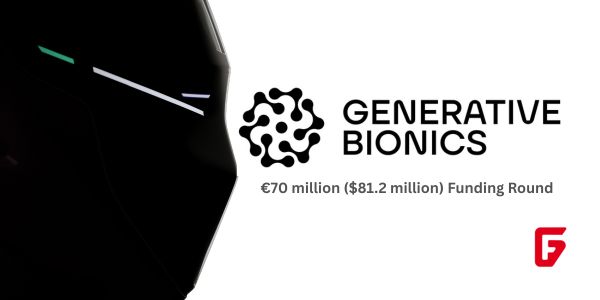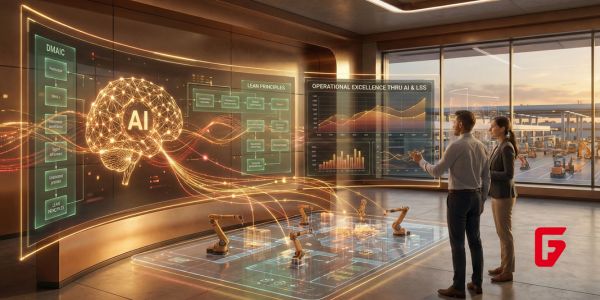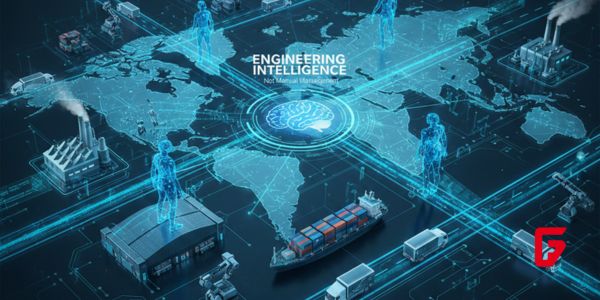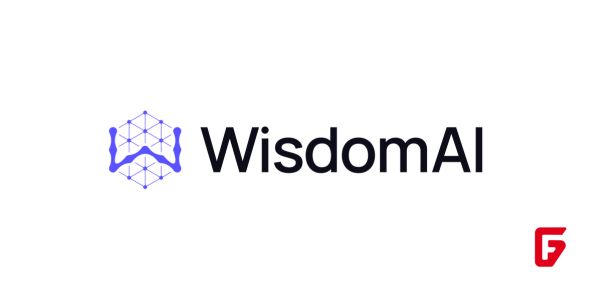
The workplace is undergoing a seismic shift: AI is no longer just a tool for automating tasks—it’s making the call on who gets a raise, a promotion, or even a pink slip. A recent ResumeBuilder.com survey of over 1,300 U.S. managers reveals just how deeply artificial intelligence is embedded in people management today.
“It’s essential not to lose the ‘people’ in people management. While AI can support data-driven insights, it lacks context, empathy, and judgment.”
– Stacie Haller, Chief Career Advisor, ResumeBuilder.com
6 in 10 managers now use AI to make decisions about their direct reports.
Of those, 78% use AI to decide raises, 77% for promotions, 66% for layoffs, and 64% for terminations.
Nearly 1 in 5 managers frequently let AI make final decisions without human input.
The most popular AI tools? ChatGPT (53%), followed by Microsoft Copilot (29%) and Google Gemini (16%). These platforms aren’t just drafting emails—they’re shaping careers and livelihoods.
Beyond the headline-grabbing decisions, managers are leveraging AI for:
Creating training materials (97%).
Building employee development plans (94%).
Assessing performance (91%).
Drafting performance improvement plans (88%).
But the real shocker: Almost half of AI-using managers say they use these tools often or all the time for compensation and employment decisions.
Despite AI’s growing role, two-thirds of managers using AI to manage people haven’t received any formal training. Only 32% report formal instruction on the ethical use of AI in people management, while 24% have received no training at all.
This lack of training raises red flags about fairness, bias, and legal risk. As Haller warns, “AI outcomes reflect the data it’s given, which can be flawed or biased. Organizations have a responsibility to implement AI ethically to avoid legal liability, protect their culture, and maintain trust among employees”.
Nearly half of managers (46%) have been tasked with evaluating whether AI could replace a position. Of those, 57% determined it could, and 43% actually replaced a human with AI.
| Task Managers Use AI For | % of Managers Using AI | Impact / Interpretation |
|---|---|---|
| Raises | 78% | High influence on compensation decisions; strong need for transparency and bias checks. |
| Promotions | 77% | Critical career decisions increasingly AI-shaped; requires clear human oversight. |
| Layoffs | 66% | AI is materially affecting job security; raises ethical and legal risk. |
| Terminations | 64% | Direct role in firing decisions; governance and auditability are essential. |
| Creating Training Materials | 97% | AI is nearly ubiquitous for content generation; efficiency gains but quality control needed. |
| Performance Assessment | 91% | Core to how employees are evaluated; risks embedding systemic bias at scale. |
AI is now a gatekeeper for career advancement—and career endings—across many organizations. While the technology promises efficiency and data-driven insights, the lack of training and oversight raises urgent questions about fairness and the future of work. For companies embracing AI in people management, the message is clear: pair the algorithm with human judgment, and invest in training before letting AI make the call on someone’s career.

Editorial Team
futureTEKnow is a leading source for Technology, Startups, and Business News, spotlighting the most innovative companies and breakthrough trends in emerging tech sectors like Artificial Intelligence (AI), Robotics, and the Space Industry.
Discover the companies and startups shaping tomorrow — explore the future of technology today.

Generative Bionics, an Italian spin-out from IIT, is building Physical AI–powered humanoid robots to tackle labor gaps and modernize industrial

This article explores 10 AI-driven supply chain optimization companies to watch in 2026, highlighting how their platforms improve forecasting, logistics,

AWS frontier agents introduce a new era of autonomous AI coders that can build, secure, and run applications for days

Explore the cutting-edge ways AI is enhancing Lean Six Sigma, from real-time process insights to predictive controls, ushering in a

Facing supply chain challenges in 2025? High-performing teams leverage AI for risk management, demand forecasting, supplier analytics, and end-to-end visibility

Craft an AI-powered supply chain Center of Excellence that unifies control tower visibility, analytics, and inventory optimization into one strategic

Supply chain leadership is being redefined by AI, intelligent automation, and agentic decision-making, demanding leaders who can engineer end-to-end intelligence

WisdomAI has closed a $50M Series A led by Kleiner Perkins and Nvidia’s NVentures to turn fragmented enterprise data into

Dutch agri-tech startup Saia Agrobotics has raised €10M to expand its greenhouse automation system using AI-powered robots that make farming

Bridgit Mendler’s Northwood Space is pioneering mass-produced ground stations, enabling scalable, high-speed connectivity for the new era of satellite networks

SpaceX aims to nearly double launches from Vandenberg in 2025, facing support from federal agencies but strong objections from the

Traditional Medicare will pilot AI-assisted prior authorization in 2026 across six states, focusing on high-risk outpatient services. Clinicians retain final